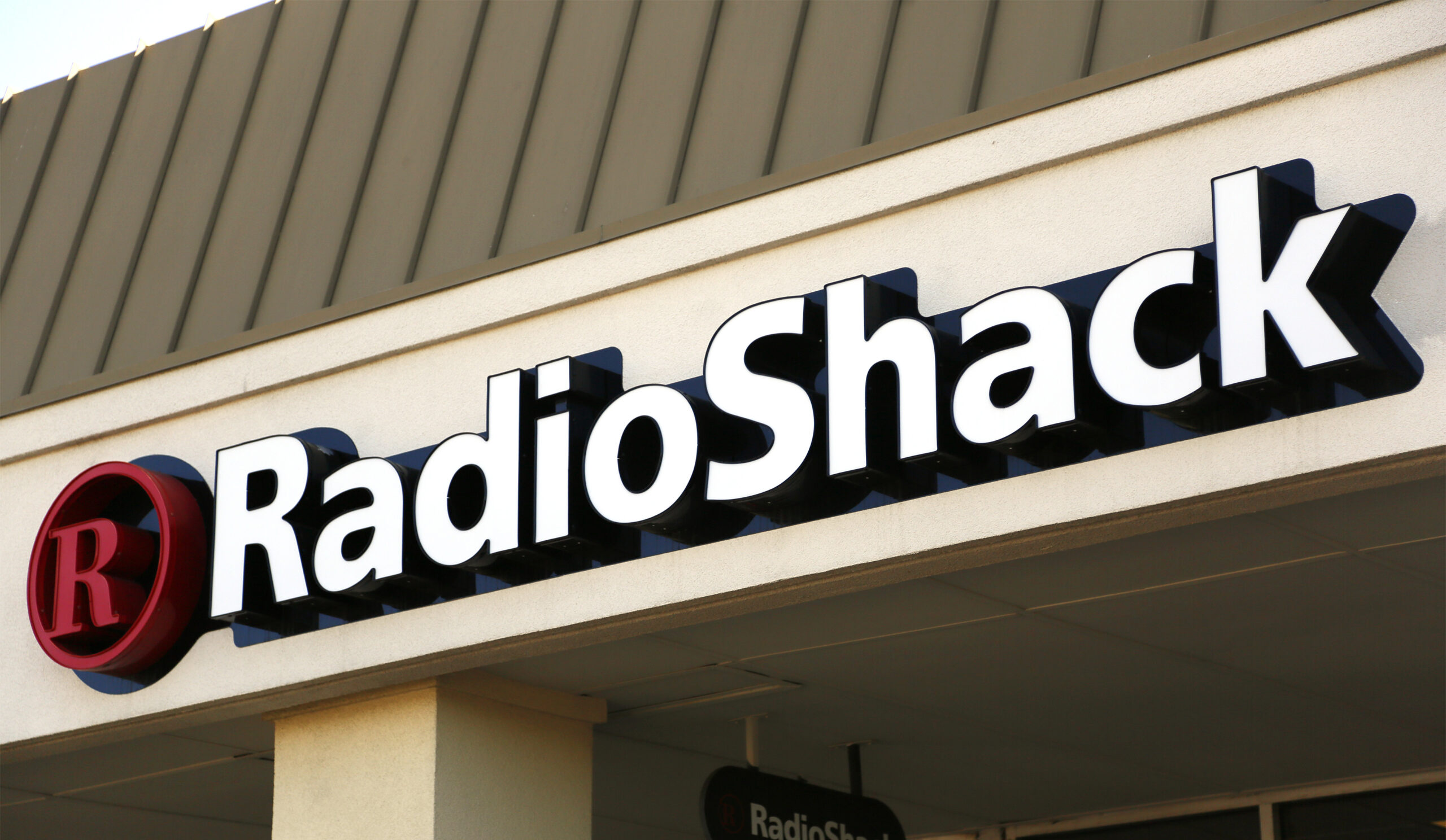Just six days in, the new year is already proving to be a chaotic one for cryptocurrencies, financial markets, and Web 3.0. Venture capitalists are still squaring off with Block’s Jack Dorsey about the Internet’s future.
Non-fungible token marketplace OpenSea has raised an additional $300 million that values the company at $13.3 billion—a little more than Robinhood’s market capitalization on Thursday.
And crypto and meme stocks alike are in freefall, thanks largely to evolving monetary policy and expected interest rate hikes that are making investors rethink owning risky assets.
To kick The Ledger‘s year off, though, we’re going to talk about the past: RadioShack. Why? Because the 100-year-old electronics retailer—whose new management team calls it the “original tech company”—is making a hard pivot.
RadioShack is getting into decentralized finance, or DeFi.
Now owned by Retail Ecommerce Ventures, an investment firm that has bought a handful of other distressed retail brands like Pier 1 Imports, Dressbarn, and Stein Mart, RadioShack’s foray into the world of algorithmic finance centers on launching a decentralized exchange (DEX).
The idea is to create a way for users to more easily move in and out of different tokens, à la Uniswap and Sushiswap.
At the heart of the DEX will be a token named SHACK that RadioShack, or the separate part of the business that will be running the DeFi unit, plans to soon introduce.
So, why does RadioShack want to be in DeFi?
Well, in the eyes of Retail Ecommerce Ventures executive chairman Tai Lopez and CEO Alex Mehr, who own the century-old brand and whose DeFi protocol Atlas USV is partnering with it on the project, a land rush of corporate interest in crypto is coming.
Between NFTs, the metaverse, and crypto payments, companies worldwide have been dabbling in digital assets for some time now. But the two entrepreneurs predict that executives, who increasingly see crypto as legitimate, will dive headfirst into it by having their companies issue their own tokens.
And to do that, they’ll want a trusted partner, which Lopez and Mehr hope will be RadioShack.
“Our mission is to be the first protocol to bridge the gap to mainstream usage of DeFi,” RadioShack’s website now reads.
Granted, RadioShack is not the first legacy brand to fall on hard times only to later hinge a turnaround via crypto. Eastman Kodak, the once giant photography company, tried to do as much back in 2018 before U.S. financial regulators started raising questions about it.
Lopez says some parts of RadioShack’s crypto ambitions will only be available initially to people outside of the U.S. to steer clear of any U.S. regulatory issues, though he did not go into specifics.
The very fact that RadioShack is in the news in 2022 is remarkable in and of itself, though.
Within the last five years—following a deterioration of its business at the hand of both e-commerce and tech giants like Apple that sell their products directly to customers from brick-and-mortar stores—RadioShack filed for bankruptcy twice. Ultimately, Retail Ecommerce Ventures bought it.
Now, following weeks of work by a team of two dozen or so, the RadioShack DeFi project is ready, pending some further testing, Mehr says. An early iteration of its DeFi project is expected to go live in the first quarter.
“If this becomes a little bit more of a trustworthy, well-understood process, the demand for it is going to be super high,” Mehr told me. “That’s the bet.”
New year, new beginnings, right?
Read full story on Fortune Magazine



